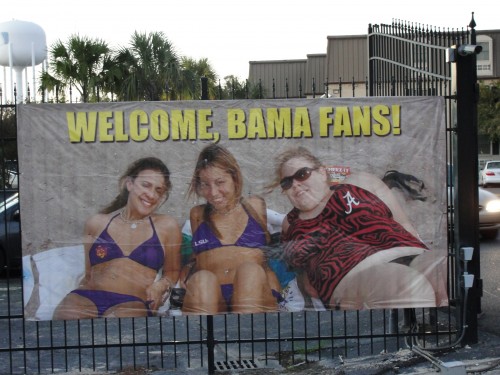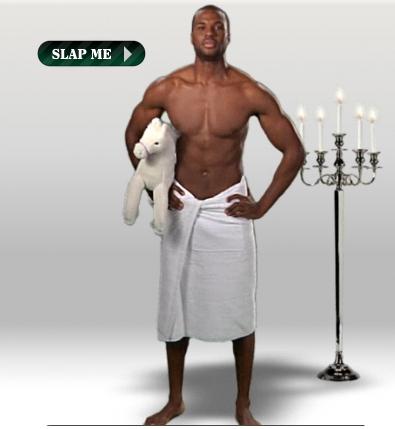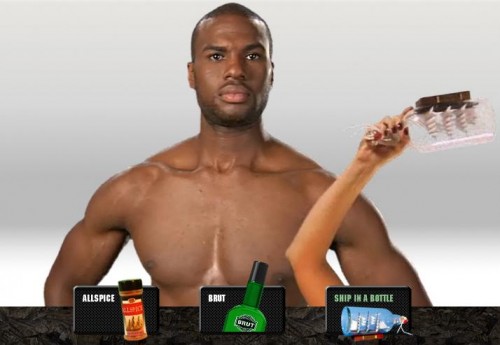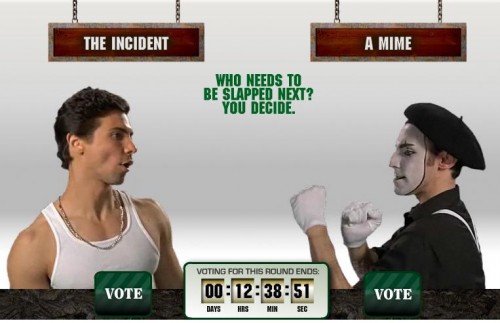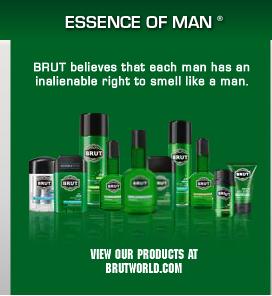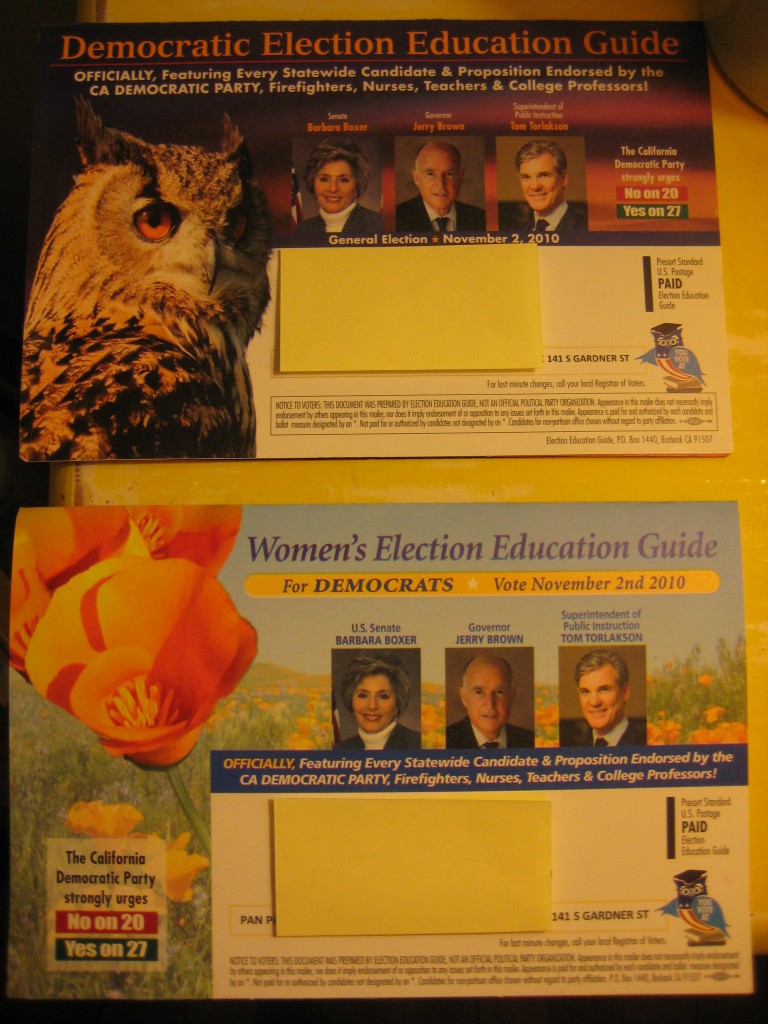
Before Halloween, I posted a video where Erin Gibson satirizes the way women’s costumes are overwhelmingly a “sexy” version of something…anything. Commenter HP took issue with it, wondering whether it satirized or challenged the topic in a useful way, rather than, in HP’s term, “pinkwashing” it — that is, presumably critiquing sexism but doing so in a way that looks nearly indistinguishable from the cultural trend supposedly being critiqued.
I thought about that when I saw a video my friend Captain Crab posted. The video features actor Graham Greene, a member of the Oneida tribe, and spoofs ads for Lakota, a brand of arthritis pain-relief medications that appropriates Native American imagery:
While it clearly parodies the Lakota brand and ads, I can’t quite decide how showing Greene then trying to sell his own product fits in — does that undermine the message about appropriation of native cultures? I sort of felt like it did, turning it more into laughing at this idea that everyone’s trying to sell you something. After all, Greene’s product refers to him as “Dr.,” so who is he to criticize sketchy marketing methods?
What do you think? An effective commentary on use of elements of Native American cultures in marketing?

